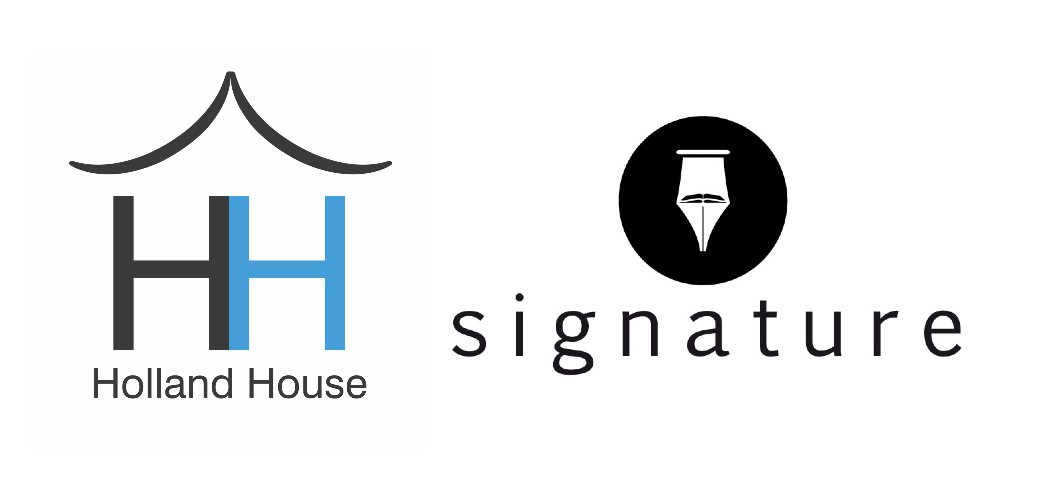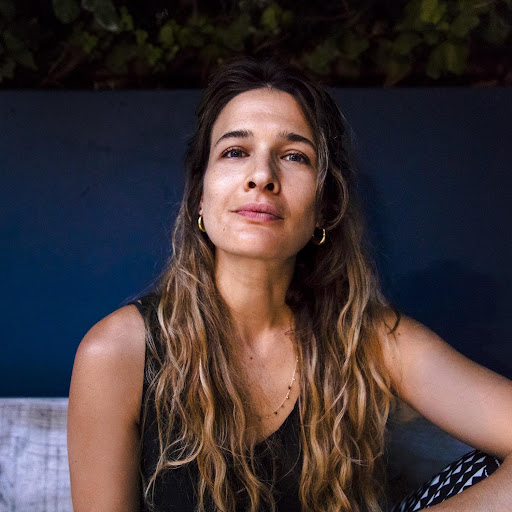
WINNER OF THE ISLAND PRIZE 2022
“Glass Tower” by Sarah Isaacs
A beautiful and carefully constructed narrative about sexual abuse, family relationships and lingering racism at the dawn of the New South Africa. Complex issues are dealt with thoughtfully in simple and sensitive prose to create a moving experience.
Sarah Isaacs is a writer and visual storyteller based in Cape Town, South Africa. After graduating from a psychology degree at the University of Cape Town (UCT) in 2009, she shifted her professional focus to portrait and documentary photography, creating safe spaces for South African women to share their everyday struggles and stories. Boosted by the voices of the women she photographed, she was able to explore her own relationship to issues of identity, gender based violence and the impact of infertility on a woman’s sense of self. In 2018 she invited victims of GBV to be photographed as a way of sharing their stories of abuse, and ten women stepped forward. She turned the lessons she learnt from that portrait series into a 2019 TEDx talk, entitled “The Vulnerability-Victimhood Paradox”, which centred on survivor shame and its implications for the expression of vulnerability. Sarah was accepted into UCT’s Creative Writing Masters program in 2020, and completed her first novel, “Glass Tower”, at the end of 2021. She lives in the city centre with her husband and two cats, and finds joy in walking through town and watching strangers go about their day.
Instagram @sarahmisaacs
Twitter @sarahmisaacs
Facebook @sarahisaacsphotography
Second Place
“A Darkness with Her Name on It” by Doreen Anyango is an ambitious novel that is concerned with finding identity in a changing, increasingly urban Uganda, while remaining aware of the importance of family ties – both to ancestors and to simple beginnings. The confusing and isolating experiences of dealing with grief and betrayal are brought to the fore.
Doreen Anyango is a Ugandan fiction writer, scriptwriter and biotechnologist. She was born and raised in Kampala, Uganda. Her short fiction has appeared in several online journals. She has published short stories in print anthologies with FEMRITE, Writivism and ShortStoryDayAfrica. A darkness with her name on it is her first novel.
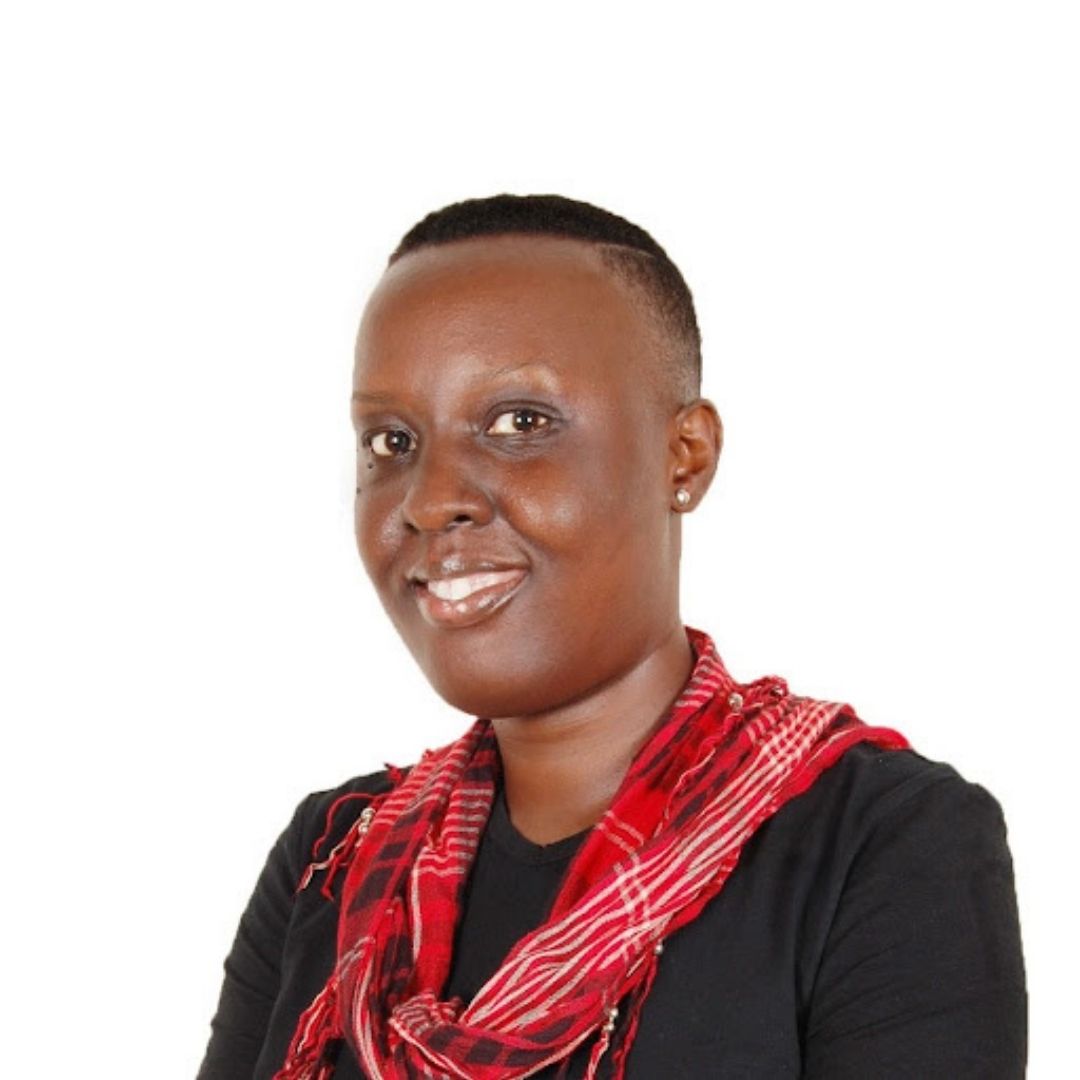
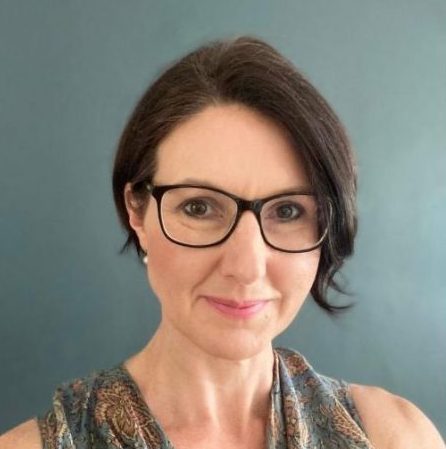
Third Place
The other three novels could not be separated and so we have three in third place.
“Single Minded” by Marina Auer is set in a public hospital in South Africa during the AIDS pandemic. This fast-paced narrative was informed by the author’s personal experience as a doctor which has enabled her to create a well-crafted mystery centring on the unexpected and inexplicable deaths of seemingly healthy patients. In this compelling story, Auer explores the universal problems of working with seriously limited resources in the face of desperate need.
My name is Marina Auer. I’m a doctor based in Durban, South Africa; mother to two children and minion to three cats. My medical work is theatre-based and varied – some days I help tug reluctant babies into the world, other days we section out brain tumours. For several years I trained in Brazilian ju jitsu. I’ve participated in one ‘cage fight’, which is a memory I’d rather erase, but one I call on to add authenticity to the action scenes I draft! A devoted reader across diverse genres, in 2018 I started to write fiction. Those first attempts will stay in a locked drawer (along with the trophy I received for that cage fight – second place out of two contenders…). My philosophy for writing fiction is as it is for medicine: sharing stories of integration, hope and healing. Single Minded was born out of the experiences of my internship. Apart from the murders, the medical incidents in the novel are real, rats and all.
“Sand Roses” by Hamza Koudri is an extraordinarily immersive narrative, thrusting its reader into the Algerian city of Bousaada during the 1930s and relating a well-researched and fascinating account of the little-known Ouled Nail dancers. Two sisters struggle to earn a living in this traditional way under the cruel restrictions placed on not only the dancers but entire communities by the French colonial administration and their army.
Hamza Koudri has an MA in English literature and civilization and has been working in education and international development since 2008. Hamza is also a Director of Programs with World Learning, overseeing a portfolio of education and workforce development projects across Algeria. Over the years, Hamza has created and led courses and projects for youth and educators across the MENA region and Korea. During a year-long fellowship in the U.S. he also helped put in place a mentorship program for a social equity course at Penn State University and a teacher training certificate program for Indiana University. Hamza’s recreational passions are traveling, writing, swimming, and reading historical fiction. He has written several novels and short stories but has not been published yet.
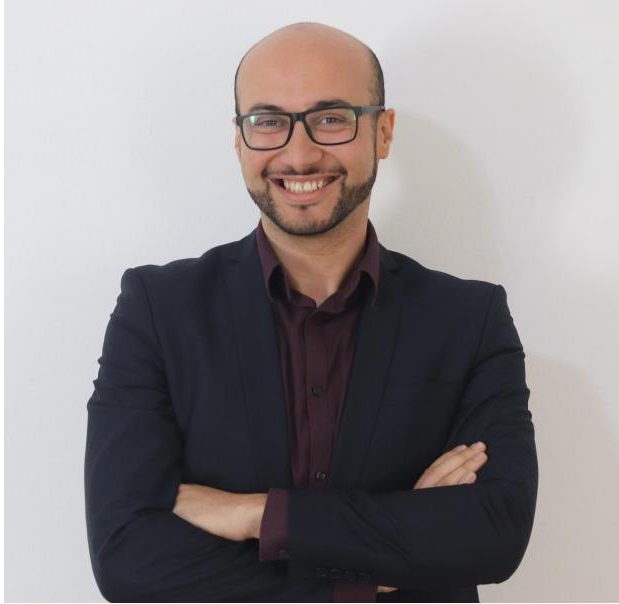
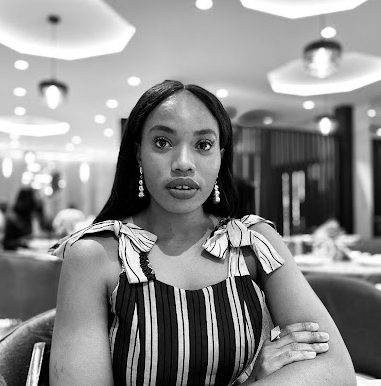
“Delightful Cage” by Joyce Odera is a wonderfully modern narrative set in Lagos, Nigeria. Centred around a strong female protagonist, the novel considers problems we all have – love, work, family, money, friendship – and deals with each of them skilfully, allowing the characters to learn about their own flaws and to forgive the flaws of those around them.
Joyce Odera’s Delightful Cage is her debut novel. She developed a love for storytelling from her teens, where she would enthrall her classmates for hours by telling on-the-spot fictional stories. Her goal as a writer is to connect deeply with the reader by developing relatable characters. She currently works as an Administrative Assistant. She was born in Cameroon of Nigerian parentns and she understands English and French. She is a lover of history, art, beaches, fresh fruits, boxing, and conversing with strangers.
The Island Prize Judges Statement
Submissions for the inaugural The Island Prize opened in September of 2021. By the time the submission window ended in mid-December, we had received more than 120 entries from all over Africa. There is a myth that there is only one type of storytelling in Africa. We can say with confidence that this is not the case. The submissions we saw were not only written in a variety of styles, but also included different genres and subjects, depicting people and experiences from all walks of life. You need only look at the shortlist to see a sample of these! However, before we get to the shortlist, we must thank our volunteer readers who spent many hours going through submissions and who helped to whittle them down to a longlist of ten. At this point the judges – Karen Jennings, Obinna Udenwe and Hilda Twongyeirwe – began reading the manuscripts and were pleased to note that the ten longlisted authors came from all over the continent, with the following countries represented: Zambia, Zimbabwe, Nigeria, Kenya, Uganda, South Africa and Algeria. After careful reading, the judges were able to agree unanimously on the five manuscripts selected for the shortlist.
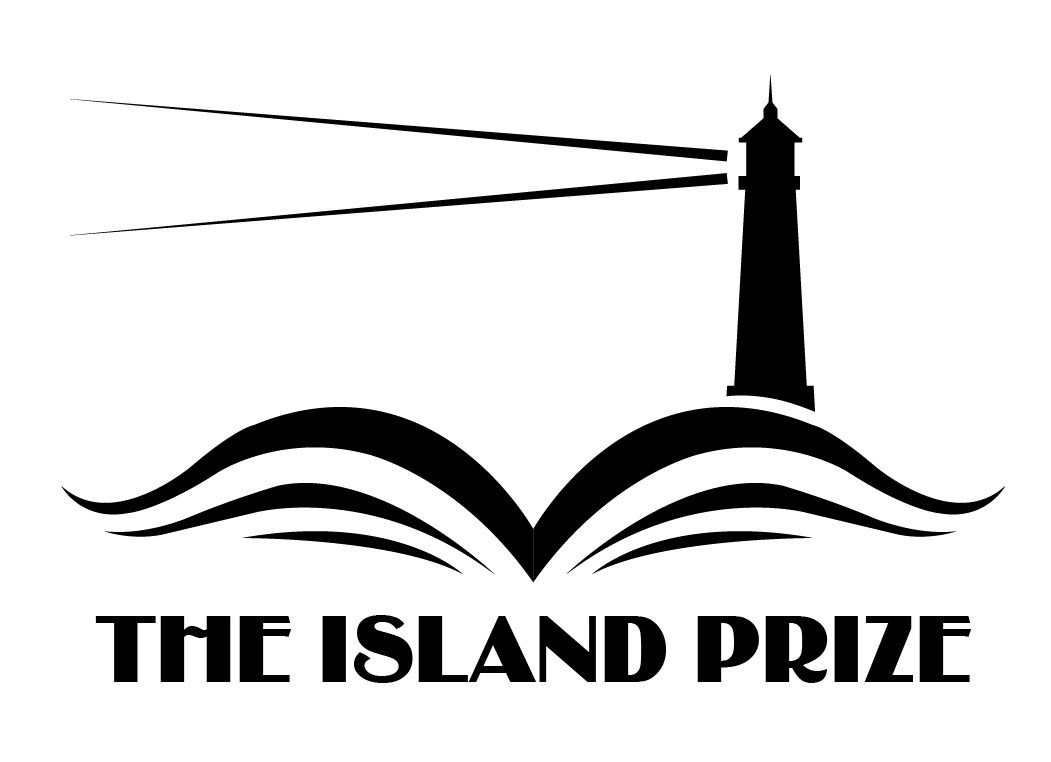
We would like to make it clear that Holland House Books and Karen Jennings are committed to working with all five shortlisted authors on finetuning their manuscripts, approaching agents, and hopefully getting published. That is the real prize in our eyes. While publishing is the end-goal for any author, the fact is that just getting a foot in the door can seem impossible. The industry is not a kind nor an easy one to navigate. We hope to assist the authors in understanding the processes more and giving them tools to use now and in the future.
The Island Prize 2022-2023
We will soon be announcing details of next year’s competition. If you would like information, please write to Holland House Books at contact@hhousebooks.com.
